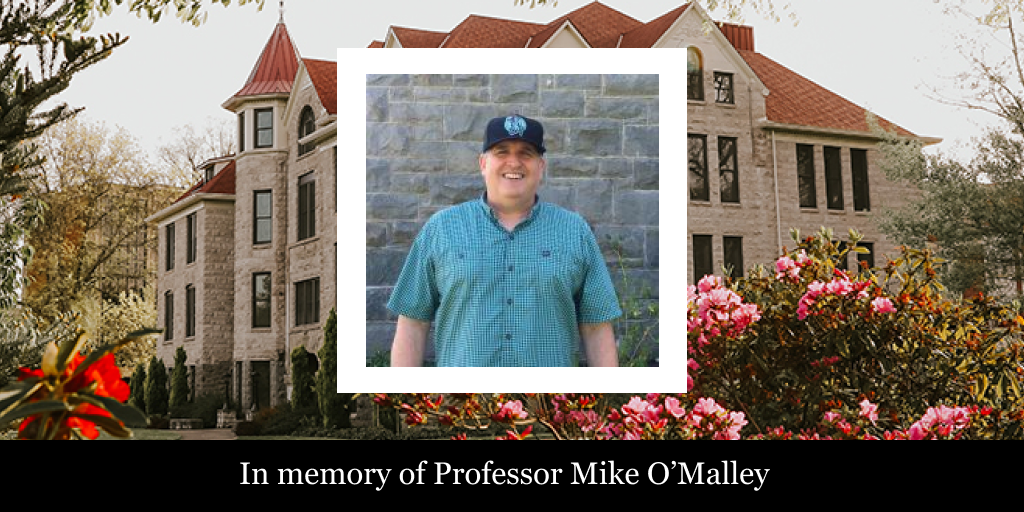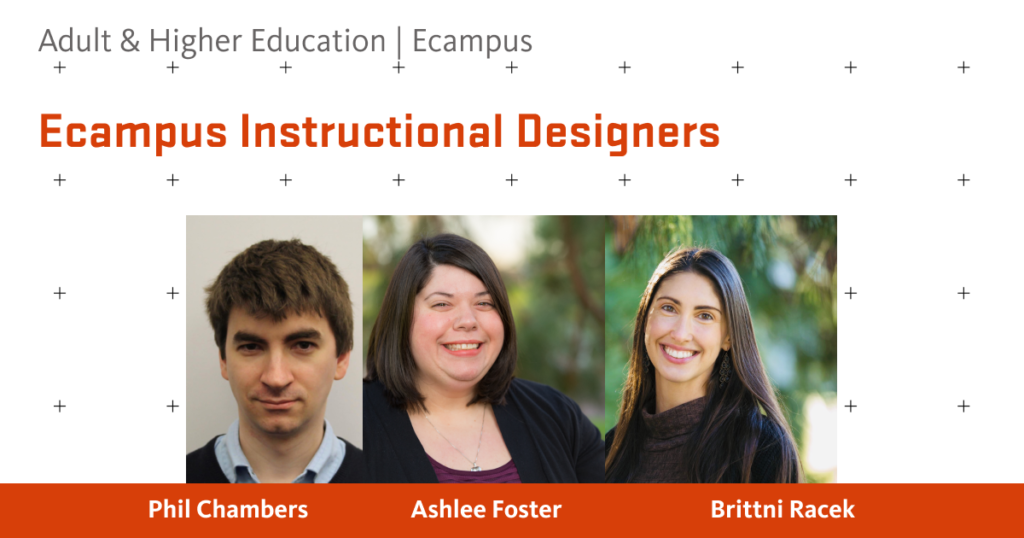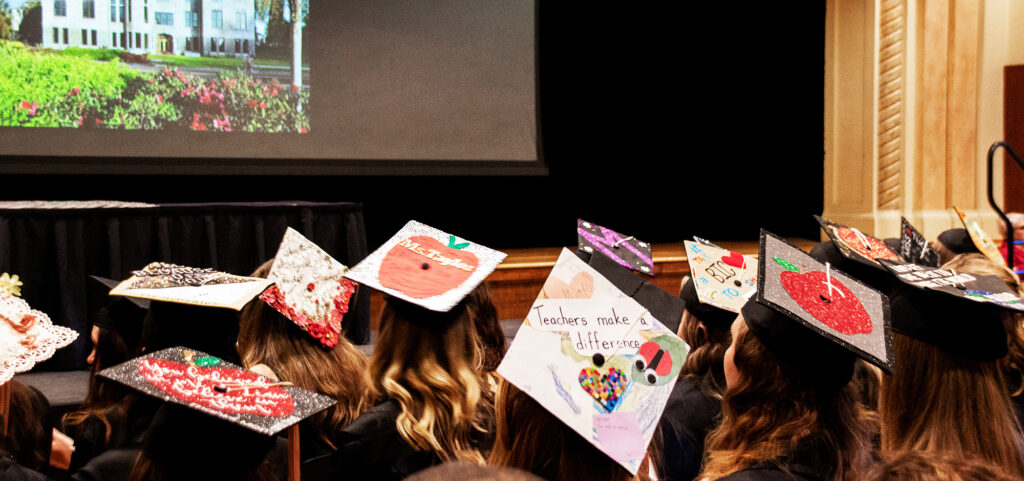
Dr. Thomas (Thom) Field – Counseling Program Chair and Associate Professor
Thomas Field, PhD, is an Associate Professor in the College of Education at Oregon State University. He has taught graduate counseling students since 2011 and previously worked as a faculty member at Boston University School of Medicine. His research focuses on the integration of neuroscience into counseling practice, and professional and social justice advocacy. During his academic career, he has published more than 30 peer-reviewed articles. He has also authored two books on the topic of neuroscience integration. He has received grant funding from agencies that include the Substance Abuse and Mental Health Services Administration (SAMSHA). His research and teaching has been recognized nationally. In 2019, he received the Counselor Educator of the Year award from the American Mental Health Counselors Association. He is also a current standards revision committee member of the Council for the Accreditation of Counseling and Related Educational Programs (CACREP), the recognized specialized accreditation body for counseling. In addition to faculty responsibilities, he has actively helped clients with mental health concerns since 2006. He has provided counseling to more than 1,000 clients during his career and currently maintains a small private practice where he sees adolescents and adults. He is board certified as a counselor and clinical supervisor by the National Board of Certified Counselors and affiliates.
Dr. Beth Rankin – Professor of Practice | Double Degree Program
Beth Rankin joins us from the University of Kansas, where she completed her Ph.D. in Curriculum and Instruction in 2021. Her dissertation explores secondary traumatic stress in K-12 educators. She also holds an M.S. in Curriculum and Instruction and a B.S. in Elementary Education from the University of Kansas. Beth brings knowledge and experience in K-12, as she has taught elementary school for five years, from kindergarten through fifth grade in Kansas. She has also served as an instructor at the University of Kansas, and she has specialized knowledge of support for ELLs. She has taught a variety of classes, including Curriculum & the Learner in the Elementary School; Student Teaching Seminar; Differentiating Curriculum & Instruction; Assessing English Language Learners; Reading & English Language Learners; Practicum in Teaching English to Speakers of Other Languages.
John Scholl – Executive Assistant to the Deans
John grew up in Austin, TX, and moved to Eugene, OR in 2009 where his wife, Julie, is from. They have three young school-aged kiddos and are eager Beavers for the new job and town. John has a BSE in Kinesiology and M. Ed. in Sports Management and has worked in non-profit, public, private, and Higher Ed settings in a variety of different leadership and support roles. His most recent position was with PeaceHealth as a Sr. Quality Facilitator. John’s interests outside of work is lots of family time, ministry-related pursuits, going to any live event, and all kinds of recreational fitness pursuits.







